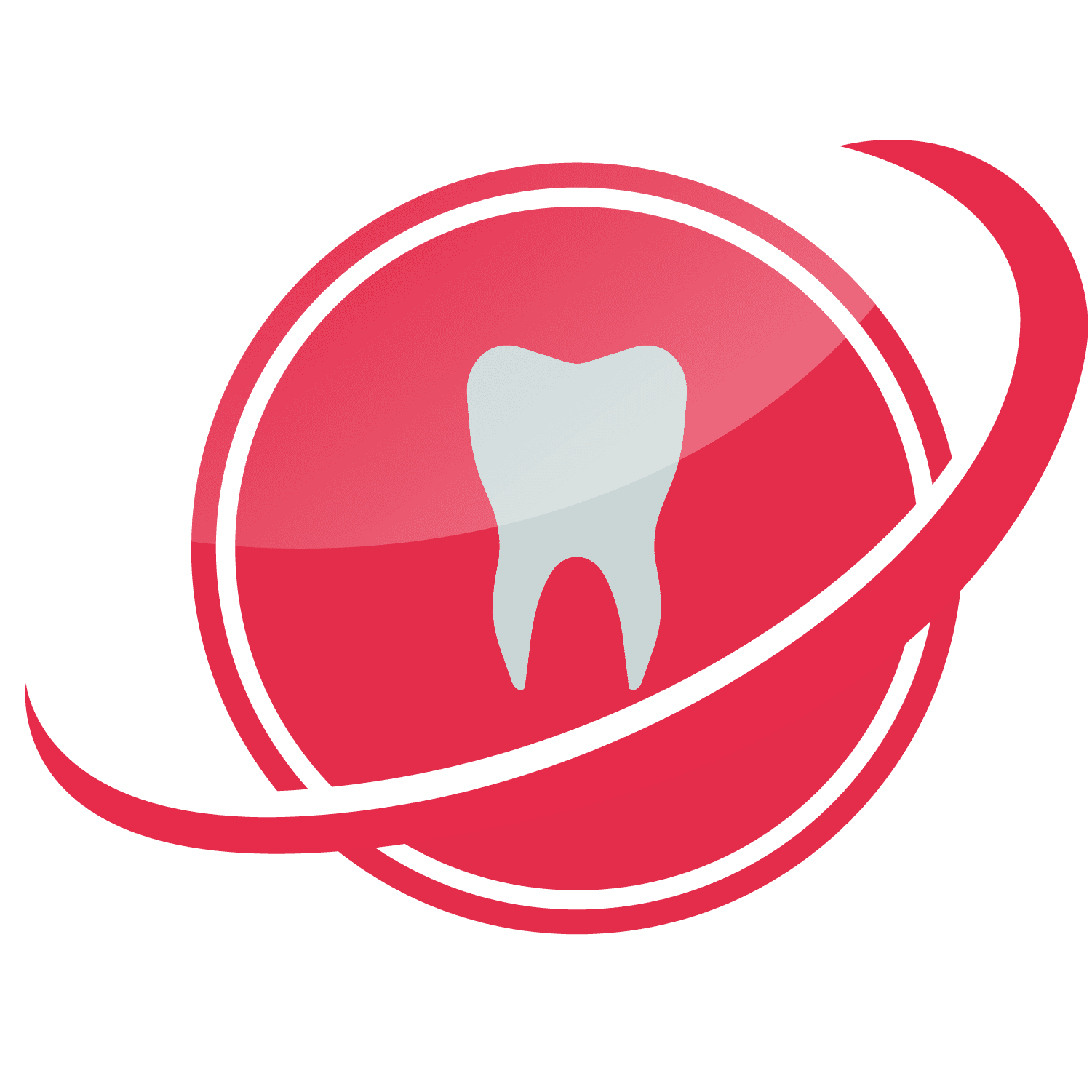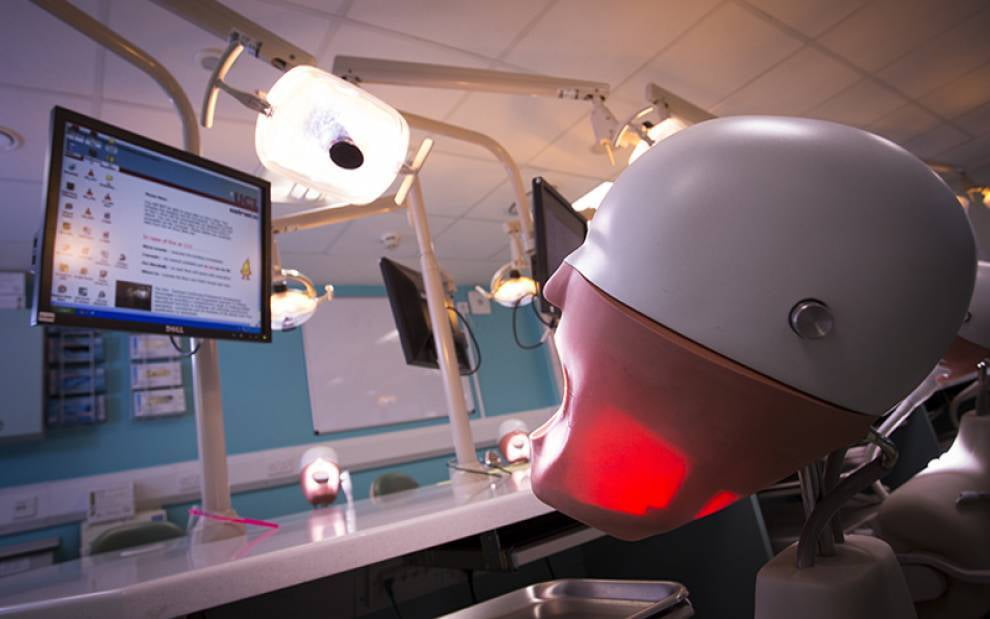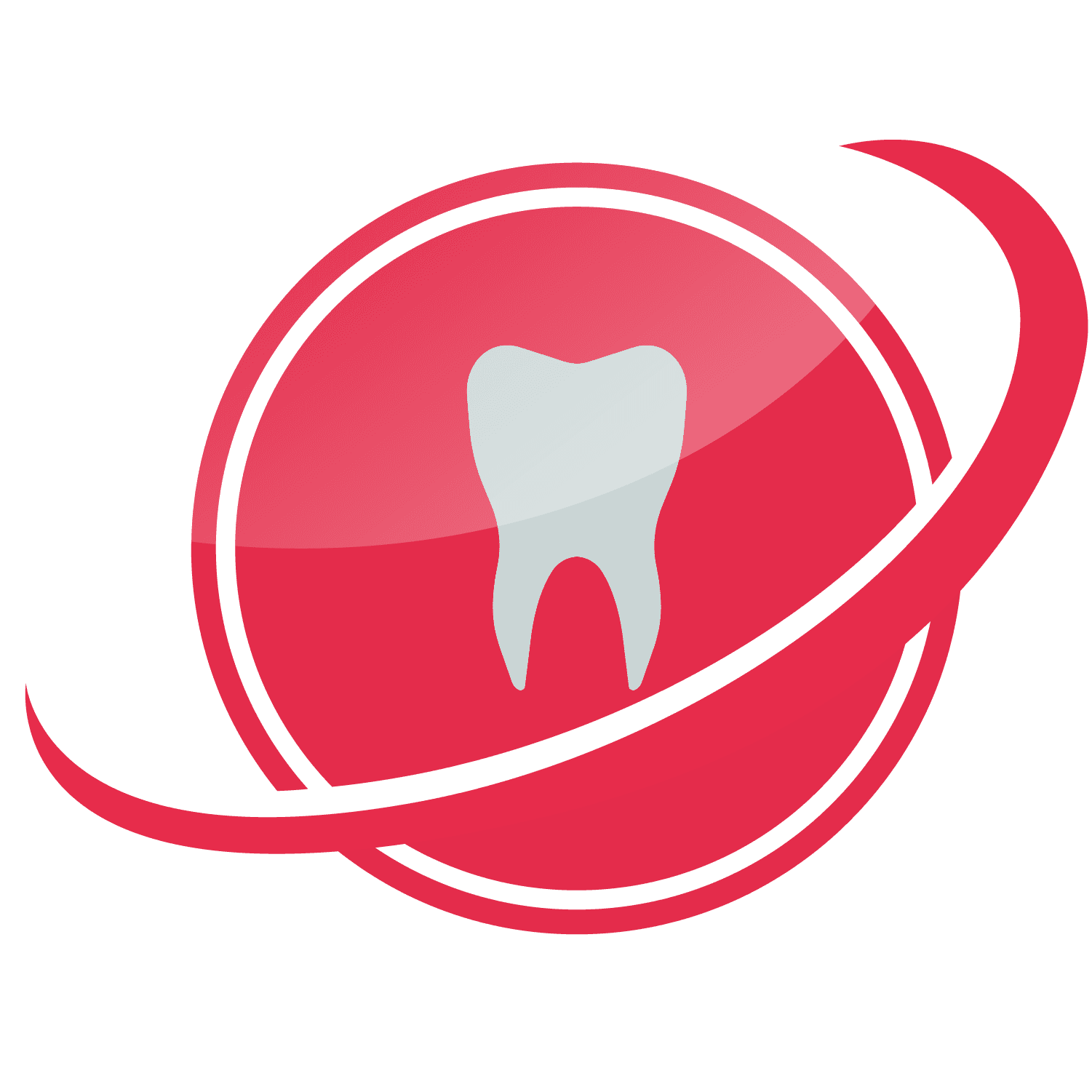Introduction
Introduction
The ORE Exam is Divided into Two Parts
PART : 1
PART : 1
This part evaluates theoretical knowledge in various subjects, including biomedical sciences and clinical dentistry. It assesses candidates' understanding of essential dental concepts and their ability to apply theoretical knowledge to real-world dental scenarios.
PART : 2
PART : 2
This part assesses practical clinical skills, including clinical assessment, treatment planning, and hands-on procedures. Candidates are evaluated on their ability to diagnose, treat, and manage dental conditions, showcasing their clinical expertise and patient care skills.
PART : 1
PART : 1
This part evaluates theoretical knowledge in various subjects, including biomedical sciences and clinical dentistry. It assesses candidates' understanding of essential dental concepts and their ability to apply theoretical knowledge to real-world dental scenarios.
PART : 2
PART : 2
This part assesses practical clinical skills, including clinical assessment, treatment planning, and hands-on procedures. Candidates are evaluated on their ability to diagnose, treat, and manage dental conditions, showcasing their clinical expertise and patient care skills.
Passing the ORE exam is a significant milestone for international dentists, as it opens the door to a promising dental career in the UK. It allows dentists to register with the General Dental Council (GDC) and legally practice dentistry in the UK, ensuring the safety and well-being of patients. The ORE exam's rigorous assessment ensures that dentists have the necessary skills and knowledge to provide high-quality dental care that meets the UK's professional standards.
Candid Look Inside
Candid Look Inside
Unveiling the Core Elements of the ORE Exam ( Part 1 & Part 2)
Unveiling the Core Elements of the ORE Exam ( Part 1 & Part 2)
PART : 1 (Theoretical Examination)
PART : 1 (Theoretical Examination)
The Part 1 examination focuses on assessing a candidate's theoretical knowledge and understanding of essential dental concepts. It is designed to test candidates' comprehension of biomedical sciences and clinical dentistry. Here's an overview of the structure and components of part 1 :
Multiple Choice Questions (MCQs) :
This section typically includes multiple-choice questions that cover a wide range of topics, including anatomy, physiology, pathology, pharmacology, and dental materials. Candidates are required to select the correct answer from the provided options.
Extended Matching Questions (EMQs) :
EMQs are designed to assess a candidate's ability to apply theoretical knowledge to practical scenarios. Candidates are presented with a series of options and must match the most appropriate option to each scenario.
PART : 2 (Practical Examination)
PART : 2 (Practical Examination)
This part is more hands-on and interactive, focusing on the application of dental knowledge in real-world scenarios. Here's an overview of the structure and components of part 2 :
Objective Structured Clinical Examination (OSCE) :
The OSCE component comprises a series of stations, each presenting a different clinical scenario. Candidates move from station to station, where they may encounter tasks such as diagnosing a condition, treatment planning, communicating with patients, and demonstrating clinical skills.
Directly Observed Clinical Skills (DOCS):
In this component, candidates perform specific clinical procedures on simulated patients under the observation of examiners. This assesses their clinical skills, infection control measures, and patient communication.
Treatment Planning Exercise (TPE) :
Candidates are presented with a comprehensive case study of a patient's dental condition. They are required to develop a treatment plan that addresses the patient's needs, taking into account various factors such as oral health, aesthetics, and patient preferences.
Decoding The ORE Exam
Exploring Theoretical Mastery and Clinical Proficiency in Each Part
Exploring Theoretical Mastery and Clinical Proficiency in Each Part
PART : 1 (Theoretical Examination)
PART : 1 (Theoretical Examination)
Biomedical Sciences : Candidates are tested on their understanding of fundamental biomedical sciences, including anatomy, physiology, histology, and pathology. This knowledge is crucial for diagnosing dental conditions and understanding the underlying biological processes.
Clinical Dentistry Knowledge: This component assesses candidates' knowledge of clinical dental topics such as restorative dentistry, prosthodontics, periodontics, endodontics, and oral surgery. Candidates need to demonstrate their grasp of dental treatments, procedures, and techniques.
Radiology: Candidates are expected to have a solid understanding of dental radiology, including the interpretation of dental X-rays, panoramic images, and other radiographic techniques.
PART : 2 (Practical Examination)
PART : 2 (Practical Examination)
Clinical Skills Assessment: This component evaluates candidates' clinical skills, including their ability to perform procedures like dental examinations, restorations, extractions, and other common treatments. Candidates are assessed on their precision, technique, and patient interaction.
Communication and Patient Management: Candidates' communication skills with patients are crucial. Examiners assess candidates' ability to communicate effectively, provide information about treatment options, and address patient concerns and questions.
Infection Control: Proper infection control procedures are essential in a dental practice. Candidates must demonstrate their knowledge of infection control protocols and their ability to maintain a clean and safe clinical environment.
Emergency Management: Candidates may encounter scenarios that involve managing dental emergencies. Their ability to handle urgent situations effectively and provide appropriate care is assessed.
Preparing for ORE
Preparing for ORE
A Step-by-Step Guide
A Step-by-Step Guide
Understand the Exam: Begin by thoroughly researching the structure, components, and requirements of the ORE exam. Familiarize yourself with the format, syllabus, and scoring criteria for both Part 1 and Part 2.
Set Clear Goals: Define your goals and expectations for the exam. Determine whether you'll be taking both parts consecutively or separately and establish a realistic timeline for your preparation.
Choose a Reputable Academy: Consider enrolling in a renowned ORE preparation program like Malligai Dental Academy. Look for programs that offer comprehensive study materials, personalized guidance, and hands-on training.
Structured Study Plan: Once enrolled, follow a structured study plan provided by the academy. This plan should cover all subjects, allocate sufficient time for practice, and include regular assessments to track your progress.
Review Fundamental Subjects: Start by revisiting essential biomedical sciences and clinical dentistry topics. Use textbooks, online resources, and study materials from the academy to reinforce your theoretical knowledge.
Interactive Learning: Utilize interactive study methods such as group discussions, online forums, and collaborative study sessions to enhance your understanding and retain information.
Hands-On Practice: For Part 2, focus on hands-on practice. Participate in hands-on workshops, simulation labs, and practical training sessions to refine your clinical skills.
Patient Communication: Practice effective communication with patients during simulated scenarios. Learn how to explain treatment options, address concerns, and establish a rapport.
Mock Exams: Take regular mock exams that simulate the actual ORE exam conditions. This helps you become familiar with the exam format, manage time effectively, and identify areas for improvement.
Feedback and Analysis: After each mock exam, review your performance and identify weak areas. Utilize feedback from mentors or instructors to tailor your study plan accordingly.
Create a Study Schedule: Develop a study timetable that allocates adequate time for both theoretical study and practical practice. Ensure a balanced distribution of subjects and breaks to avoid burnout.
Stress Management: Incorporate stress-relief techniques into your routine, such as exercise, meditation, and leisure activities. Maintaining a healthy work-life balance is crucial for effective preparation.
Comprehensive Revision: In the weeks leading up to the exam, focus on comprehensive revision of all subjects. Use concise notes, flashcards, and review sessions to consolidate your knowledge.
Last-Minute Practice: Engage in last-minute practice sessions and quick quizzes to reinforce key concepts and boost your confidence.
Rest and Relaxation: Ensure you get a good night's sleep before the exam day. Avoid last-minute cramming and focus on staying calm and composed.
Time Management During Exam: On the exam day, manage your time effectively. Allocate appropriate time to each section, and if you encounter a challenging question, move on and return to it later.
Mastering the Path to ORE Success
Essential tips for Effective Exam Preparation
Essential tips for Effective Exam Preparation
- Thorough Understanding: Gain a comprehensive understanding of the ORE exam structure, format, and requirements for both Part 1 and Part 2.
- Effective Planning: Plan your preparation timeline, setting clear goals and creating a study schedule that covers all subjects and aspects of the exam.
- Reputable Preparation: Choose a reputable ORE preparatory program like Malligai Dental Academy for comprehensive guidance, study materials, and practical training.
- Balanced Approach: Balance your preparation between theoretical study and practical skill development, focusing on both knowledge and clinical proficiency.
- Interactive Learning: Engage in interactive study methods, group discussions, and collaborative learning to enhance your understanding and knowledge retention.
- Mock Exams and Assessment: Regularly take mock exams and simulated assessments to familiarize yourself with the exam conditions, identify weak areas, and receive feedback.
- Hands-On Practice: For Part 2, focus on hands-on practice through workshops, simulation labs, and practical training to refine your clinical skills.
- Patient Communication: Practice effective communication with patients during practical scenarios, demonstrating empathy, clarity, and professionalism.
- Time Management: Develop strong time management skills for the exam, allocating appropriate time to each section and question.
- Stress Management: Prioritize self-care, incorporating stress-relief techniques to maintain a healthy balance between preparation and well-being.
- Comprehensive Revision: Review and consolidate your knowledge through comprehensive revision, utilizing concise notes and review sessions.
- Confidence Building: Engage in last-minute practice sessions and quick quizzes to boost your confidence before the exam.
- Exam Day Strategies: Stay calm on the exam day, manage your time effectively, and tackle questions methodically.
Remember that the ORE exam is a rigorous assessment, and thorough preparation is key to success.
Remember that the ORE exam is a rigorous assessment, and thorough preparation is key to success.






